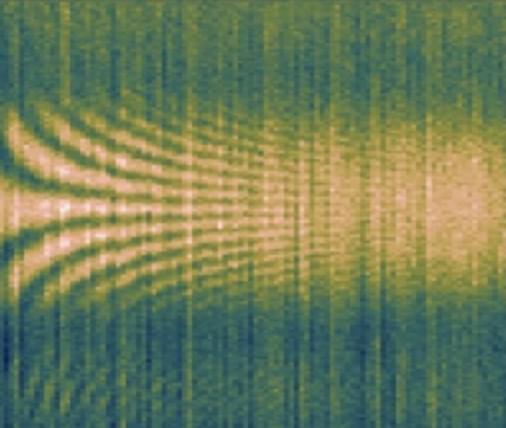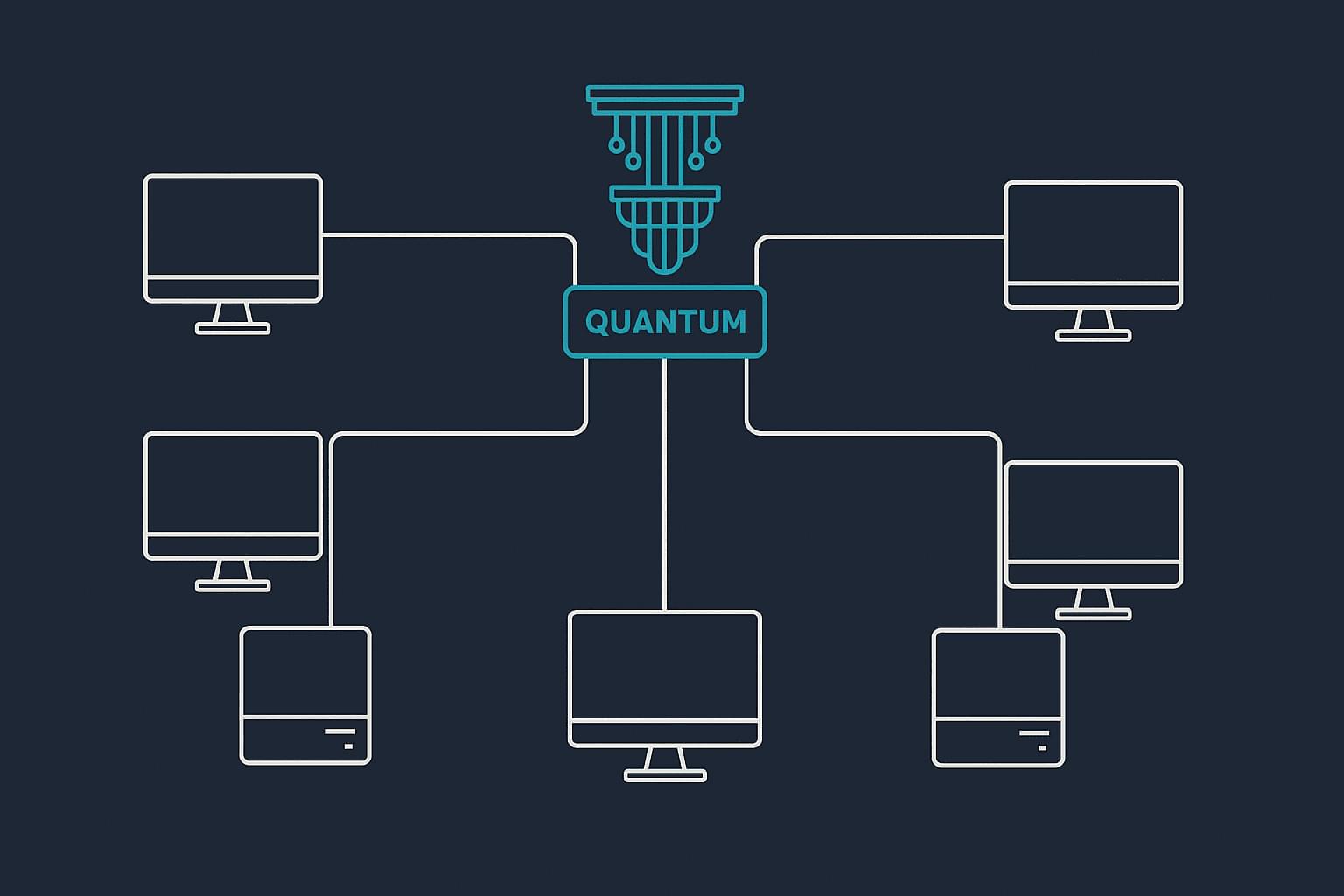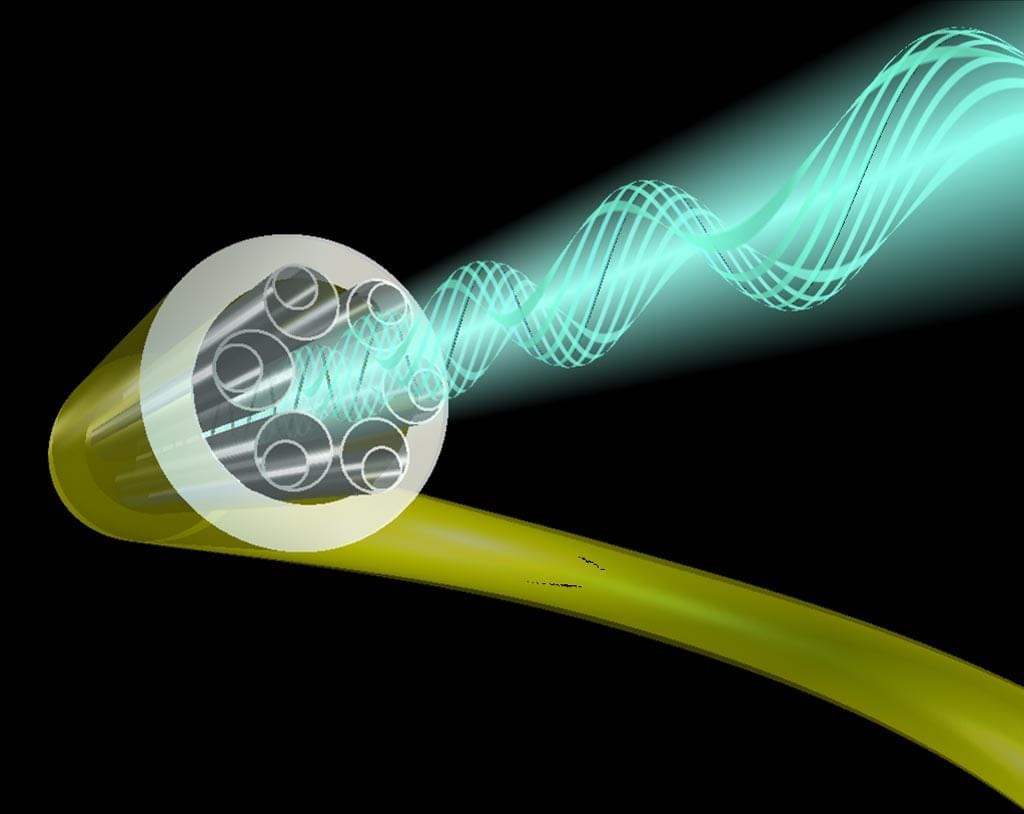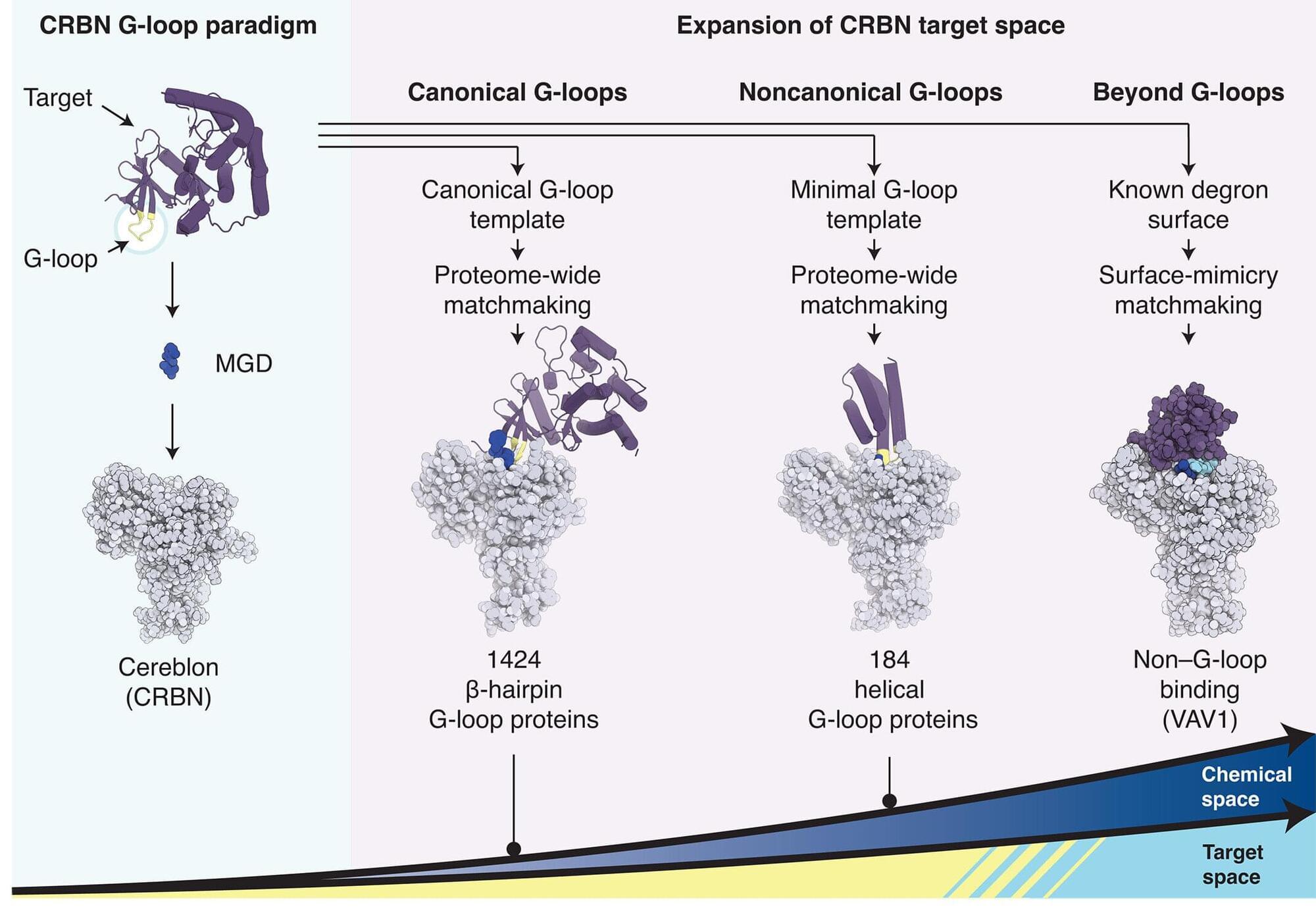OpenAI’s deal to acquire the viral AI coding startup Windsurf for $3 billion fell apart on Friday, according to The Verge.




PRESS RELEASE — Quantum computers have operated under a significant limitation: they can run only one program at a time. These million-dollar machines demand exclusive use even for the smallest tasks, leaving much of their expensive and fast-running hardware idle and forcing researchers to endure long queues.
Columbia Engineering researchers have developed HyperQ, a novel system that enables multiple users to share a single quantum computer simultaneously through isolated quantum virtual machines (qVMs). This key development brings quantum computing closer to real-world usability—more practical, efficient, and broadly accessible.
“HyperQ brings cloud-style virtualization to quantum computing,” said Jason Nieh, professor of computer science at Columbia Engineering and co-director of the Software Systems Laboratory. “It lets a single machine run multiple programs at once—no interference, no waiting in line.”

The Munich-based start-up Proxima Fusion, a spin-out from the Max Planck Institute for Plasma Physics, has raised €130 million in capital. The company plans to use the funds to finance the development of the world’s first stellarator-based fusion power plant, which is scheduled to be built in the 2030s. The investment represents the largest private financing round in the field of fusion energy in Europe to date. Proxima Fusion now has a total of more than €185 million in public and private funding at its disposal.

Boston Metal completed its first run of an industrial reactor that uses electricity to make steel.

UCSF Benioff Children’s Hospital Oakland is enrolling patients in an innovative clinical trial that seeks to cure sickle cell disease. The trial is the first in the U.S. to apply non-viral CRISPR-Cas9 gene-editing technology in humans to directly correct the genetic mutation that causes the disease.



Molecular glues, tiny molecules that connect one protein to another, are promising targets for pharmaceutical research. By linking a disease-related protein to one that triggers a cell’s demolition and recycling pathways, pharmaceutical researchers have been able to develop novel therapies for otherwise drug-resistant diseases.
It was thought, however, that this approach to drug development was limited to only those proteins that had a specific surface feature called a beta-hairpin loop motif.
Expanding on this once-narrow discovery space, new research published in the journal Science has uncovered a vastly wider array of protein surface features capable of binding with a molecular glue degrader (a pharmaceutical version of a molecular glue molecule). These results may open new pathways for treating diseases by targeting proteins previously thought to be ‘untouchable’ to drug therapies.